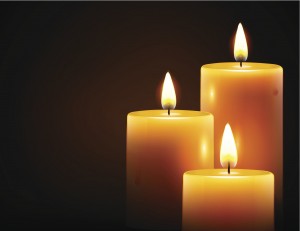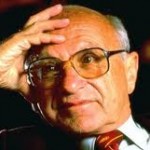[5-minute read]

They must be wind-protected. (Photo from National Candle Association, literally not metaphorically.)
It was a relief when the police tape came down, but it hasn’t felt the same, not yet. Maybe it’s just imagination, but Whitton Crescent seems a lot less lively now. Shocking violence can do that to a neighbourhood, and it’s not only the besieged and grieving family that will never fully recover from that terrible morning in early September. The perpetrators — just kids, really — and their families are also ruined in their own particular ways. It was another sad day in, and for, Overbrook, my little piece of Ottawa, where a curvy little street is named for Charlotte Whitton, first female mayor of a Canadian city.
It’s a question that came up in my living room on the weekend: Aren’t you afraid to live here? The answer, sadness aside, is a simple No. We chose this area when we moved to Ottawa. We love it. My family lives two blocks from the murder scene, and from the shooting the week before, which we learned to our dismay injured a lovely woman we know well. We’re a two-minute bike ride from the shooting at the “four corners”, where the convenience store and the pizza restaurant have seen too much of this kind of criminal traffic. Though we don’t fear for our own safety — without a doubt my daily commute across town to my high school coaching gig is more dangerous than where my house sits — it’s unsettling. As for everyone in Overbrook, but especially those on Whitton or near the four corners, these events feel far too close to home. So what are we to do? My wife and son and I are privileged folk in many ways, including our relatively easy option to move out, but that has never crossed our minds. Nor have we considered extra home security, spending less time walking or biking the streets, or (God forbid!) getting suspicious or cold towards our neighbours.
Just the opposite, actually. If darkness has sometimes fallen on my part of town, the thing is to get to work and create more light. “Better to light a candle than to curse the darkness,” as the ancient proverb says. When violence strikes at the heart of community, if the threat of it erodes our hopefulness and our trust in each other, then we have TRULY lost. The better course? Build more community. We started by asking what we might be able to do for the victims’ families? We’re trying to go beyond that: what are we already doing that involves us with Overbrook folk or local development? How do we do more of that? We wonder, What’s missing in this area? and then look to take some small action to begin to fill in that gap. Doing something helps us, first, and let’s hope it ripples outward, but mindset is critical.

